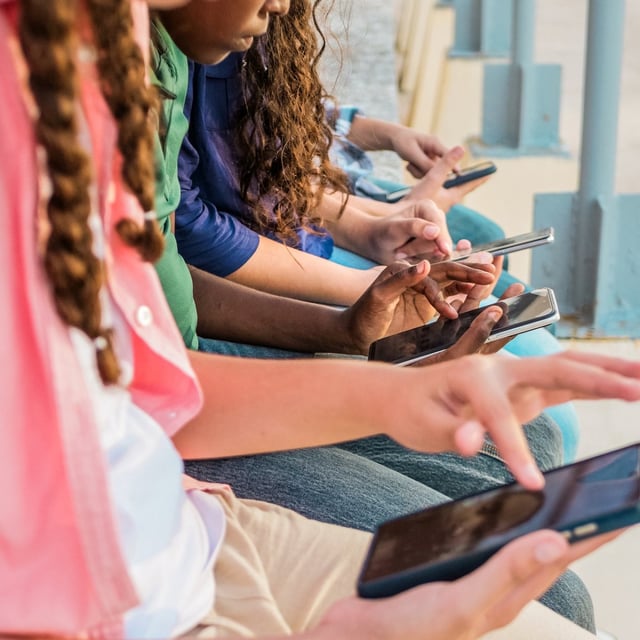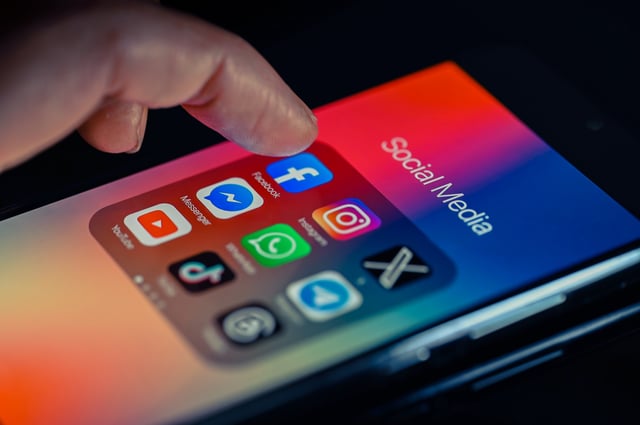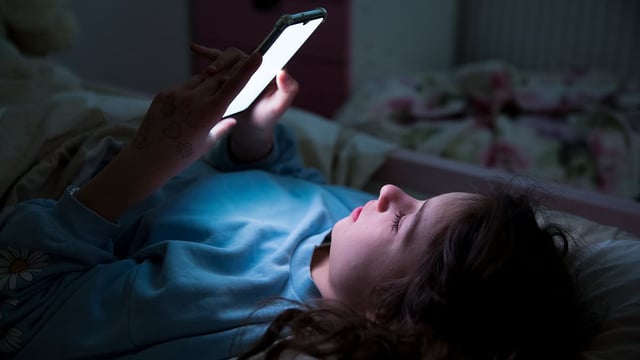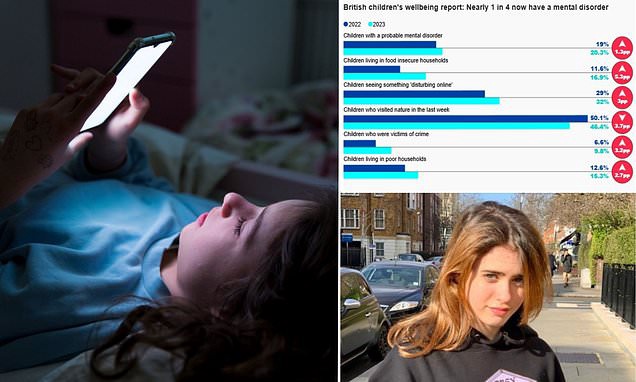Overview
- A UCSF study published in JAMA Network Open found that higher social media use in preteens predicts a significant increase in depressive symptoms by early adolescence.
- The research, involving nearly 12,000 children, showed that prior depressive symptoms did not lead to increased social media use, refuting earlier assumptions.
- On average, daily social media use among participants rose from seven minutes at ages 9–10 to over an hour by ages 12–13, coinciding with worsening mental health outcomes.
- Cyberbullying and disrupted sleep were highlighted as potential mechanisms linking social media use to depression, with related research showing cyberbullied children are over 2.5 times more likely to attempt suicide.
- Experts recommend parental strategies such as setting screen-free times and fostering open conversations about digital habits, though some critics argue the study's effect sizes are too small to draw definitive conclusions.



